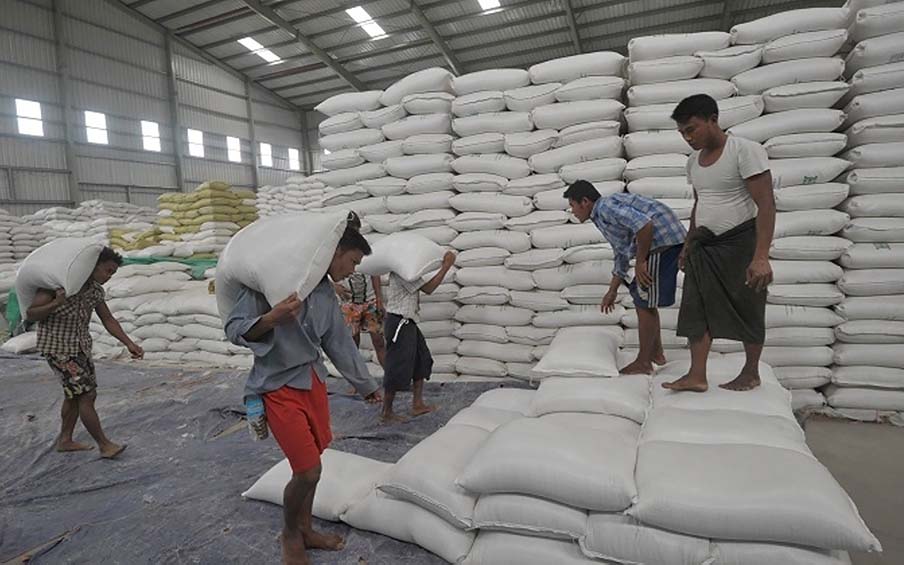In line with the theme of this year’s World Maritime Day, “MARPOL at 50 — Our commitment goes on,” Myanmar is taking significant steps to protect our planet and ensure the sustainability of our oceans. This initiative aligns with the United Nations’ 2030 Agenda for Sustainable Development and its 17 Sustainable Development Goals, highlighting our commitment to safeguarding the marine environment.
The central focus of this year’s World Maritime Day theme is the International Convention for the Prevention of Pollution from Ships (MARPOL). MARPOL plays a pivotal role in preventing pollution of the marine environment caused by ships, whether due to operational activities or accidental incidents. A pollution-free marine environment is not only essential for the preservation of aquatic life but also contributes to the well-being of humanity and the overall sustainability of our natural surroundings.
The international shipping industry is a cornerstone of the global economy, and its safety, security, and efficiency are vital for achieving sustainable green economic growth. The maritime environment not only provides sustenance to society through fishing but also facilitates global trade and transportation, serving as the backbone of our interconnected world. International shipping handles more than 80 per cent of global trade, reaching people and communities across the globe. It is the most cost-effective and reliable method for transporting goods on a global scale, promoting trade, and fostering prosperity among nations and their citizens.
The significance of MARPOL cannot be overstated, with 161 countries, representing nearly 99 per cent of the world’s merchant shipping tonnage, having signed the convention. Over the years, several annexes have been added to MARPOL, including annexes 1 and 2 in 1988, and annexes 3, 4, and 5 in 2016. These protocols collectively serve as a comprehensive framework for addressing water pollution and safeguarding our oceans.
MARPOL convention is not merely a legal treaty but a manifestation of our collective commitment to creating a prosperous maritime environment. All nations have to collaborate in shaping an eco-friendly maritime transport sector in alignment with their obligations under the MARPOL convention and their responsibility to protect our planet.
Understanding the pivotal role of the maritime sector in providing essential services such as transport and food supply, fostering regional cooperation, preventing marine pollution, and promoting global unity among member countries of MARPOL is crucial. By working hand in hand, everybody should shape a better future for the world, where the maritime sector continues to serve as a cornerstone of sustainability and prosperity for all.
Shape a better environment for world maritime society
- September 30, 2023
- 846














